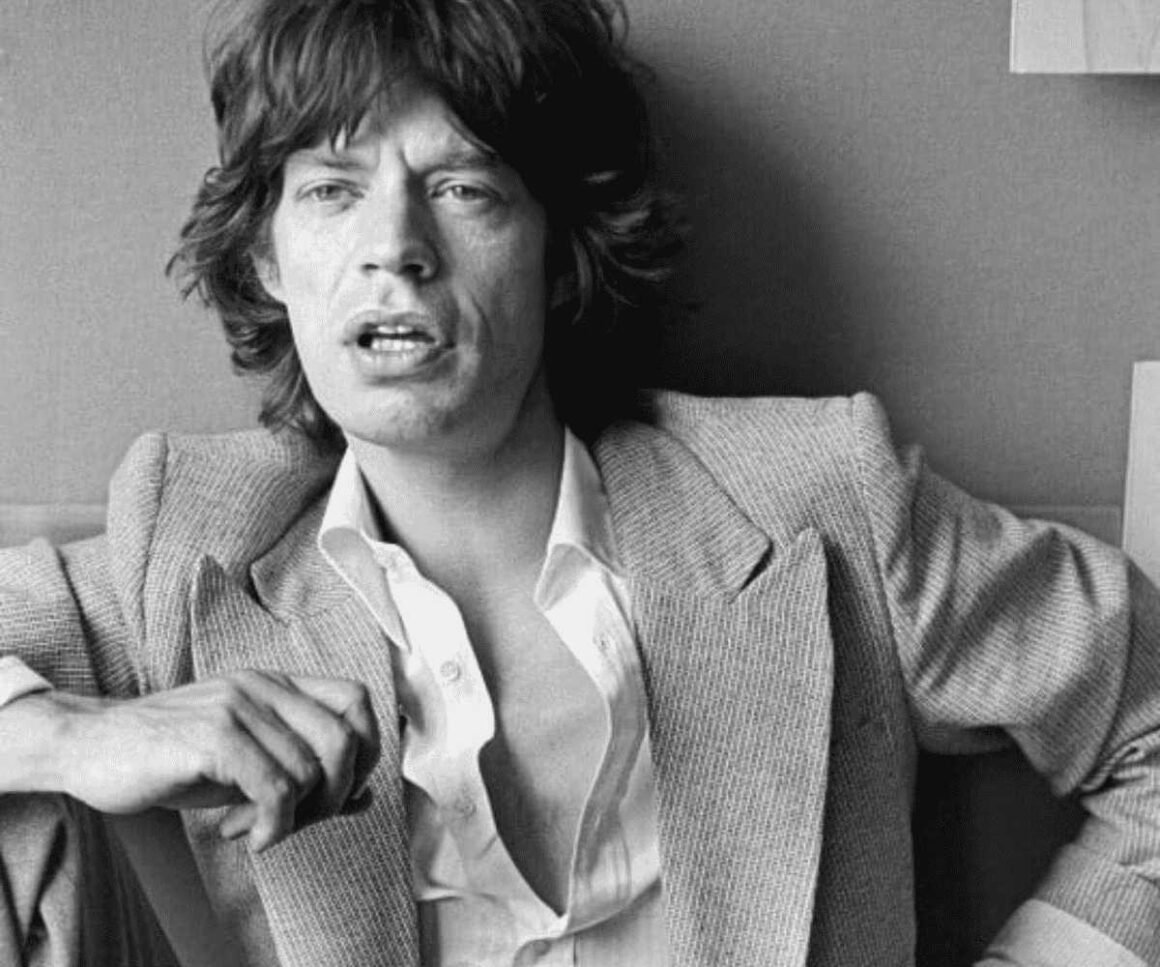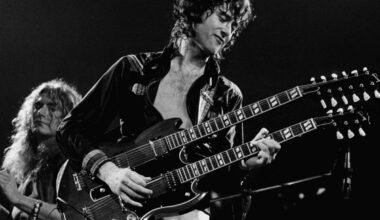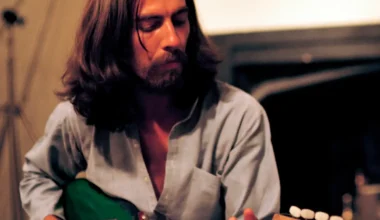Keith Richards once famously described his dynamic with Mick Jagger as, “He’s rock, I’m roll.” While Richards’ comment is rich with his signature wit, one might argue the roles are reversed. Richards, steady and unyielding, embodies rock in its most unshakable form. Jagger, constantly evolving and adapting to the zeitgeist, could very well be the roll.
This duality is perhaps best illustrated by their approach to reggae music. Mick Jagger has harbored a deep passion for the genre for decades, immersing himself not just as a fan but as an active participant. The Rolling Stones’ 1972 album Goats Head Soup was recorded in Jamaica, marking the band’s first flirtation with the island’s distinctive sound. Jagger’s admiration didn’t stop there—he later signed Peter Tosh, guitarist for Bob Marley’s Wailers, to his Rolling Stones Records label and even purchased a home in Ocho Rios.
Richards, a reggae admirer in his own right, takes a more understated approach. Jagger once remarked, “We started to play reggae beats, and the rest of them picked it up. I’m sure Keith would say something different.” Jagger’s affection for reggae runs deep, even if his attempts at embracing the culture sometimes venture into awkward territory. His collaboration with Peter Tosh on The Old Grey Whistle Test, a hazy performance of “Don’t Look Back,” serves as a prime example.
Jagger’s love for reggae is reflected in his list of favorite songs from the genre—a mix of timeless classics and lesser-known gems. Unsurprisingly, Bob Marley dominates the top of his list. Picking a single Marley song is a challenge for any fan, and Jagger sidesteps the issue by naming three: “Get Up, Stand Up,” “War,” and “No More Trouble.”
“Get Up, Stand Up” stands tall as one of Marley’s most iconic tracks, a rallying cry for justice and equality. The pairing of “War” and “No More Trouble” feels natural, as the two songs share a common spirit, often performed as a medley by Marley and The Wailers. Their live rendition on the 1978 album Babylon By Bus remains a transcendent moment in music history.
Jagger’s admiration for Marley extended beyond fandom. He even joined forces with Marley’s youngest son, Damian, in the short-lived supergroup SuperHeavy, which also featured Joss Stone, Dave Stewart, and composer A.R. Rahman. While the music may not have lived up to the hype, the endeavor epitomized Jagger’s restless pursuit of fresh creative challenges.
Keith Richards may have his rock-solid riffs, but Mick Jagger’s boundless curiosity and eclectic tastes keep him rolling forward, reggae beats and all.







